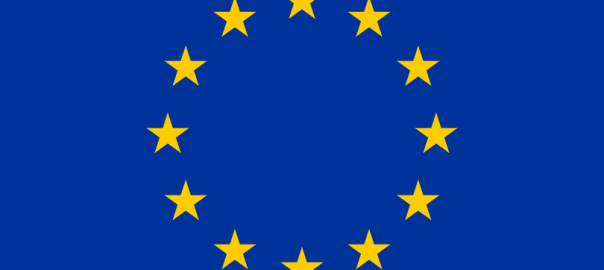Il 18 settembre 2014 l’Australia si è svegliata con la notizia della più grande operazione anti-terrorismo mai condotta nel paese. Oltre 800 poliziotti hanno condotto una operazione sicronizzata all’alba in diversi quartieri di Sydney e in tre luoghi del Queensland (Brisbane, Logan e Underwood), al termine della quale 15 persone sono state arrestate a Syndey. Continue reading
Category Archives: Policy
Le prove d’Egitto (che se non risolte torneranno a essere piaghe). – by Marco Lombardi
La questione egiziana mette tutto il mondo di fronte ad alcune prove cruciali dalla cui risposta dipenderà molto del nostro futuro, prima dell’Italia e poi dell’Europa: quella della democrazia irriformabile e del coraggio; quella del potere e della politica; quella del jihad combattente e del terrorismo; quella del mediterraneo fiammeggiante.
Intervista a Murad Karayilan – trad. di Hamed N.
Qandil, siamo nelle montagne nel Kurdistan iracheno, verso l’Iran. Questa intervista a Murad Karayilan (capo del consiglio direttivo del PKK) (foto a fianco) è stata realizzata dal giornale tedesco Der Spigel e pubblicata sul giornale kurdo Awena di Sulaimaniah (13/11/2007). Murad Karayilan: “Sia il nostro popolo sia le forze politiche nel Kurdistan iracheno devono sapere che la Turchia vuole attaccare non solo il PKK ma anche la regione federale del Kurdistan, inoltre vuole ostacolare l’annessione della città kurda di Kirkuk alla regione kurda, ciò significa che la Turchia non vuole che i kurdi abbiano una loro amministrazione autonoma e un loro sistema di governo.”
Intervista con Mezgin, PKK – by Hamed N.
Intervista con Mezgin – PKK, Agosto 2007 – Kurdistan iracheno. Incontro la signora Mezgin rappresentante importante del PKK – Partîya Karkerén Kurdîstan , in italiano Partito dei Lavoratori del Kurdistan. Mezgin, 36enne, è una delle quattro persone collaboratori del segretario, inoltre rappresenta l’organizzazione femminile del partito. Quello che segue è un breve resoconto, in termini di battute e risposte, della nostra conversazione. HN – come è strutturato il nuovo PKK? M – il partito ha un segretario, quattro collaboratori e un’assemblea composta da trentuno persone. HN – che rapporti avete con lo stato turco?
Left wing terrorist groups in European countries: a threat still alive – by Maria Alvanou
Fighting global terrorism is considered to be on the highest place in the agenda of the EU security decision makers and authority officials. European countries, especially after the Madrid and London attacks are struggling to prevent and thwart operations of this huge terror magnitude, sponsored by Al-Qaeda and its affiliates. Yet, it is not true that the security problem for EU countries emerges only from ‘outside inspiration’ and only from the Jihadi menace. In fact domestic, ‘traditional’ left wing terrorist groups do continue to pose a security threat.
Surveillance and identity: towards a new anthropology of the person
In the last decades surveillance and security tools, from cctv to ID cards, have grown to unpredictable levels. From close spaces, such as airports and malls, to urban contexts, our identities have become mere physical features constantly monitored by the penetrating eyes of security devices. The complexity, the nuances and the essential social components of identity are often reduced to ascribed characteristics. Identities have turned into “transparent” and naked bodies, legitimately scrutinised and divided into “pieces”. This simplistic approach could lead either to social exclusion of ethnic groups usually associated with deviant behaviour, or to a more general lack of concern for the integrity and the dignity of the person as a whole. The paper aims at analysing this new and inadequate anthropology of the person by focusing on different examples, such as biometrics and data banks, that emphasise the fragmentation of the body and the risks related to this reductive approach.
DOWNLOAD LINK : Surveillance and identity


